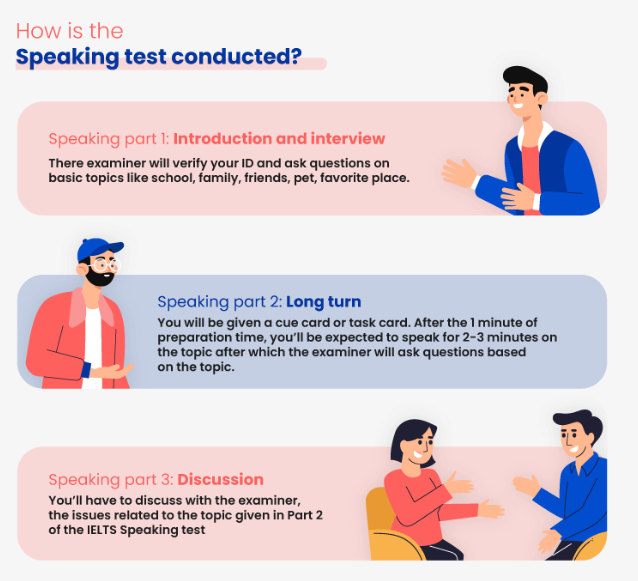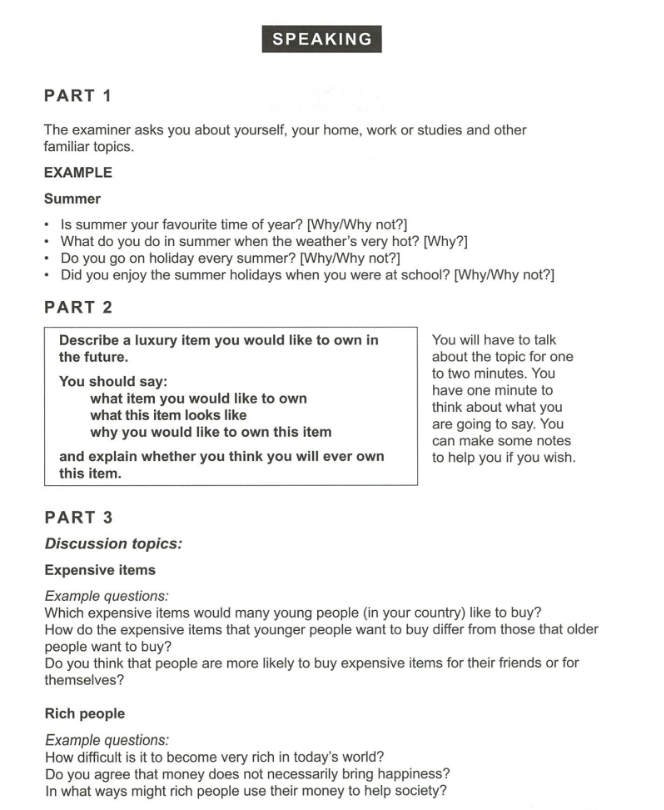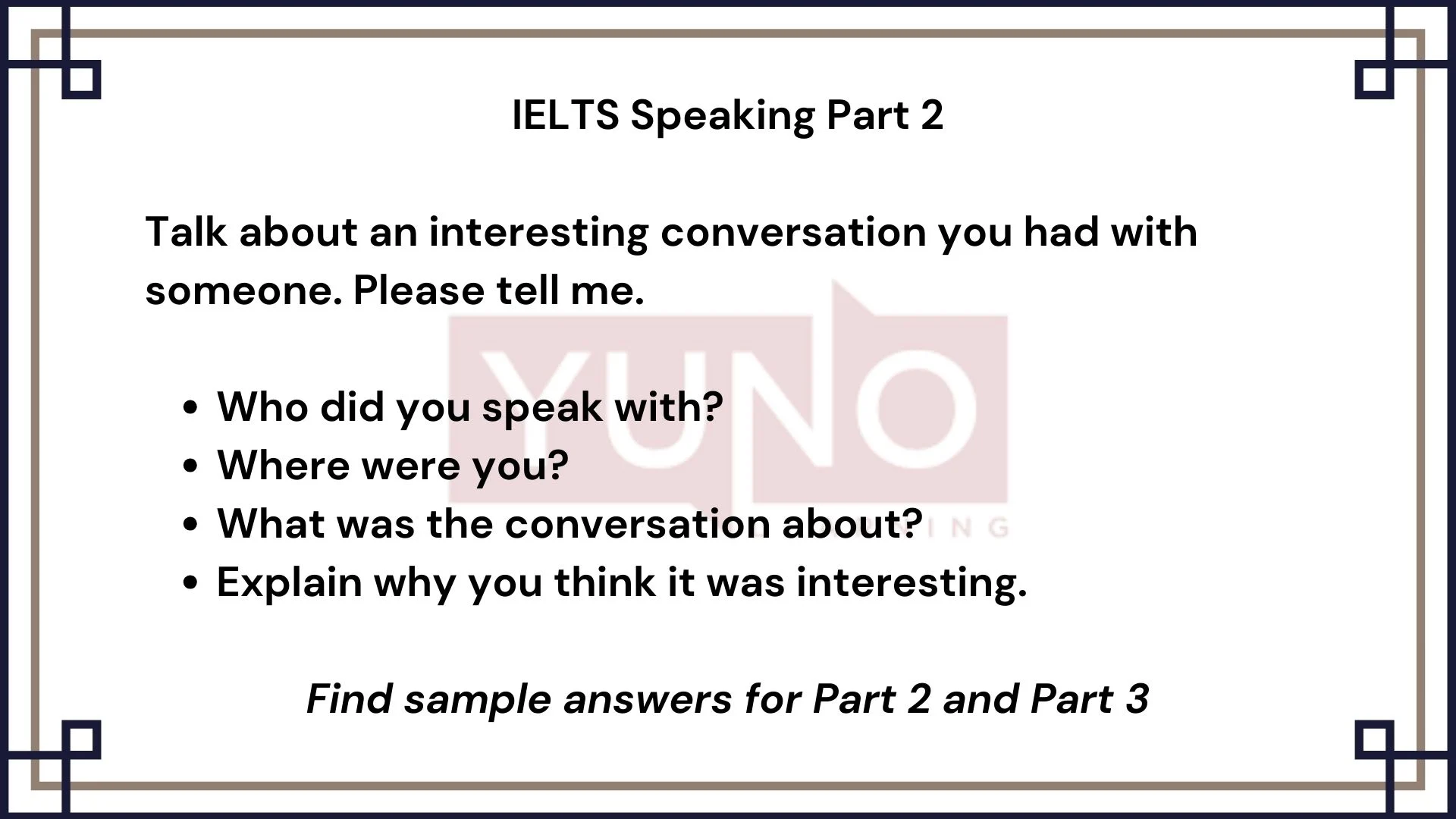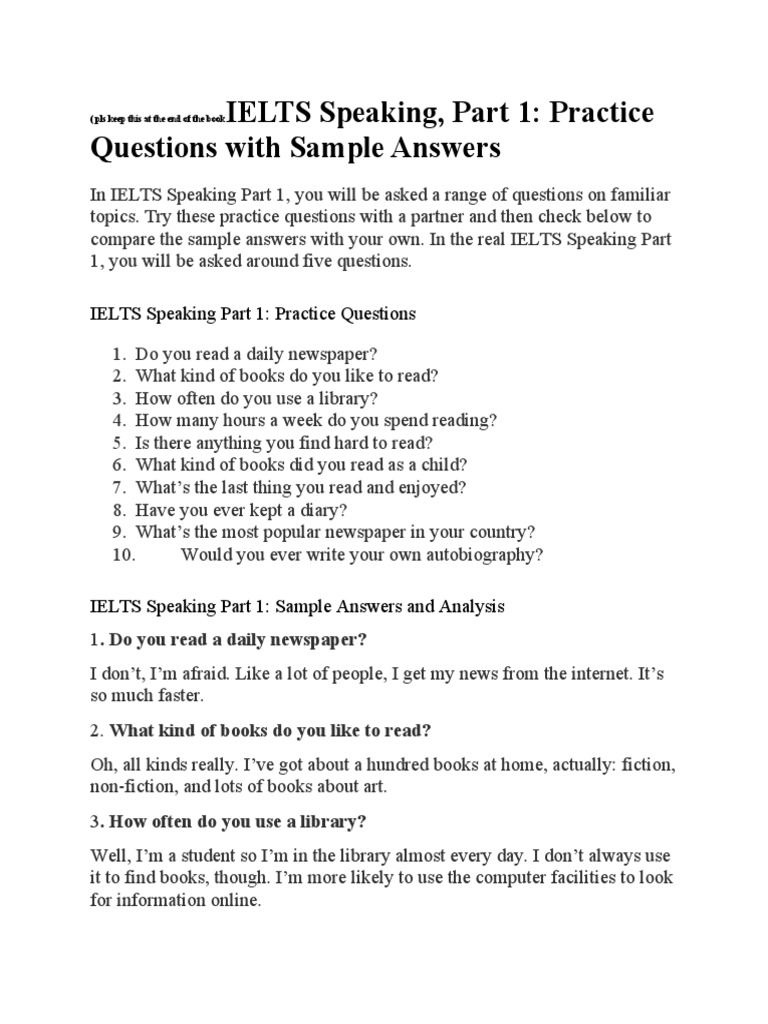MỤC LỤC
Trở lại với series bài mẫu Speaking hôm nay, hãy cùng Free English BLOG khám phá chủ đề IELTS Speaking Topic Writing bạn nhé!

IELTS Speaking Topic Writing – Part 1
Q1: Do you like writing?
A1: Yes, I’m quite fond of writing. It’s a creative outlet that allows me to express my thoughts and ideas effectively. Whether it’s jotting down my daily experiences in a journal or crafting essays, I find writing to be an enjoyable and fulfilling activity.
Q2: How often do you write?
A2: I write regularly. I make it a point to write in my journal every day, which helps me reflect on my thoughts and experiences. Additionally, I write academic papers for my studies, and I often compose emails and messages as well.
Q3: What type of things do you usually write?
A3: I write a variety of things. As I mentioned, I keep a journal where I write about my daily life and reflections. I also write essays for my studies, covering topics from various subjects. Apart from that, I enjoy writing short stories in my free time.
Q4: How do you feel about writing by hand?
A4: I believe writing by hand has its own charm. While I do most of my writing on the computer for efficiency, there’s something personal and nostalgic about putting pen to paper. It feels more connected and intimate, especially when I’m journaling or taking notes.
Q5: Do you think writing skills are important?
A5: Absolutely, writing skills are incredibly important. In today’s world, effective written communication is essential in both personal and professional contexts. Whether it’s composing well-structured emails, crafting persuasive essays, or simply conveying thoughts clearly, strong writing skills play a vital role.
Q6: How do you improve your writing skills?
A6: To enhance my writing skills, I read extensively. Reading exposes me to different writing styles and vocabulary, which I can incorporate into my own writing. I also seek feedback from professors and peers on my academic papers, as constructive criticism helps me identify areas for improvement.
Q7: Do you prefer typing or handwriting?
A7: I find typing more convenient for most tasks due to its speed and ease. However, when I want to slow down and engage more deeply with my thoughts, I enjoy handwriting. It allows me to be more contemplative and focused on the content I’m creating.

Q8: Do you think writing will still be important in the future?
A8: Absolutely, I believe writing will continue to be important in the future. Despite the increasing use of visual and audio communication, written communication remains a fundamental skill. As long as there’s a need to convey complex ideas, thoughts, and information, strong writing skills will remain valuable.
IELTS Speaking Topic Writing – Part 2
Q: Please describe a piece of writing you have recently read and found interesting. You should mention:
- What type of writing it was (e.g., book, article, essay)
- What the main topic or subject of the writing was
- Why you decided to read it
- What you found particularly interesting about it
A: Recently, I had the pleasure of reading an intriguing article from a reputable scientific journal. This article delved into the fascinating world of artificial intelligence and its potential impact on various industries. I was drawn to this article due to my keen interest in technology and its evolving role in our lives.
The main focus of the article was to explore how AI is revolutionizing healthcare by aiding in early disease detection. It discussed the application of machine learning algorithms to analyze medical data, such as images and patient records, to identify patterns that might not be noticeable to human doctors. This promises to lead to earlier and more accurate diagnoses, ultimately saving lives.
I decided to read this article because I’m currently pursuing a degree in computer science and have a strong fascination for AI. The prospect of AI transforming healthcare is not only intellectually stimulating but also holds immense potential for societal betterment.
What particularly captivated me about this piece was how it seamlessly blended complex technical concepts with real-world implications. The author presented intricate AI algorithms in an accessible manner, making it comprehensible even to non-experts. Moreover, the article featured case studies of actual patients whose lives had been positively impacted by these AI-driven diagnostic tools. This human element added depth and urgency to the technological advancements being discussed.
In conclusion, the article managed to marry my passion for technology with its tangible benefits for society. Its ability to demystify complex AI concepts while highlighting their life-saving potential left me both informed and inspired. It solidified my belief in the transformative power of technology and reinforced my commitment to contributing meaningfully to this field.

IELTS Speaking Topic Writing – Part 3
Q1: What role does writing play in modern society, especially in the age of technology?
A1: Writing continues to play a crucial role in modern society, even amidst the prevalence of technology. While technology has introduced new forms of communication like texting and social media, writing remains essential for conveying complex ideas, official documentation, and detailed information. Moreover, online platforms require well-written content for websites, blogs, and even e-commerce. So, writing skills remain a cornerstone of effective communication.
Q2: How has the internet affected the way people write?
A2: The internet has significantly influenced writing styles and habits. With the rise of social media, people have adapted to shorter, more concise forms of writing to capture attention quickly. However, it’s important to note that the internet has also democratized writing, allowing more individuals to share their thoughts and creativity with a global audience through blogs, online articles, and self-publishing platforms.
Q3: In what situations do you think handwriting is more appropriate than typing?
A3: Handwriting remains more appropriate in certain situations where a personal touch or a sense of formality is desired. For example, when writing personal letters, thank-you notes, or formal invitations, handwriting adds a personal and heartfelt element that typing might lack. Additionally, jotting down quick notes or brainstorming ideas often feels more natural and spontaneous when done by hand.
Q4: Do you think people write more now than in the past?
A4: It could be argued that people write more now due to the prevalence of digital communication. While in the past, many conversations might have taken place face-to-face or over the phone, today, a significant portion of our communication occurs through writing, such as emails, text messages, and social media posts. However, the nature of writing has changed – it’s often shorter and more informal.
Q5: How do you think schools can encourage students to improve their writing skills?
A5: Schools can take several approaches to foster strong writing skills. First, providing diverse writing assignments that encourage creativity, critical thinking, and research can engage students and help them explore different writing styles. Regular constructive feedback from teachers is invaluable in guiding improvement. Moreover, incorporating technology for collaborative writing projects and digital storytelling can make the learning process more interactive and relevant.
Q6: Is there a difference between writing for personal reasons and writing for professional reasons?
A6: Certainly, there’s a distinction between personal and professional writing. Personal writing tends to be more expressive, emotional, and often less structured. It’s a way to communicate one’s inner thoughts and feelings. On the other hand, professional writing is more formal, structured, and focused on conveying information clearly and succinctly. It often adheres to specific guidelines and is aimed at a wider audience.
Q7: What advantages do people gain from being skilled writers?
A7: Skilled writers enjoy several advantages. They can effectively articulate their thoughts, which is crucial in both personal relationships and professional environments. Clear writing enhances their chances of being understood accurately. Additionally, strong writing skills can boost career prospects, as many professions require effective written communication. It also empowers individuals to engage in public discourse and advocate for their ideas persuasively.

Từ vựng IELTS Speaking Topic Writing Vocabulary
| English Word/Phrase | Vietnamese Translation |
|---|---|
| Writing | Viết |
| Express thoughts | Diễn đạt ý tưởng |
| Creative outlet | Kênh sáng tạo |
| Jot down | Ghi chép |
| Reflections | Suy tư, suy ngẫm |
| Fulfilling activity | Hoạt động đáng làm |
| Academic papers | Bài luận học thuật |
| Convey ideas | Truyền đạt ý kiến |
| Handwriting | Viết tay |
| Nostalgic | Nho nhớ, hoài niệm |
| Effective communication | Giao tiếp hiệu quả |
| Compose emails | Soạn thảo email |
| Vocabulary | Từ vựng |
| Read extensively | Đọc rộng rãi |
| Constructive criticism | Nhận xét xây dựng |
| Visual communication | Giao tiếp hình ảnh |
| Audio communication | Giao tiếp âm thanh |
| Written communication | Giao tiếp bằng văn bản |
| Persuasive essays | Bài luận thuyết phục |
| Strong writing skills | Kỹ năng viết mạnh |
| Demystify | Giải mã, làm sáng tỏ |
| Tangible benefits | Lợi ích rõ ràng |
| Transformative power | Sức mạnh biến đổi |
| Intellectual stimulation | Sự kích thích tinh thần |
| Non-experts | Người không chuyên |
| Democratized | Dân chủ hóa |
| Self-publishing platforms | Các nền tảng tự xuất bản |
| Convey information | Truyền tải thông tin |
| Formal invitations | Lời mời chính thức |
| Personal relationships | Mối quan hệ cá nhân |
| Interactive | Tương tác |
| Advocating ideas | Tiếp tục ý kiến |
Lời kết
Trên đây là gợi ý câu hỏi & trả lời mẫu cho chủ đề IELTS Speaking Topic Writing. Hãy dành thời gian luyện tập thường xuyên theo nhiều topic khác nhau để thêm tự tin mỗi ngày bạn nhé! Đừng quên tham khảo thư viện bài mẫu IELTS của Free English BLOG – và xem qua các khóa học IELTS của trung tâm để tìm ra lựa chọn phù hợp nhé!
Bài mẫu Speaking theo chủ đề khác:
- Topic Language
- Topic Book
- Topic Study
Bản quyền: Hình ảnh và nội dung bài viết này được lấy từ Internet. Nếu có bất kỳ vi phạm nào, vui lòng liên hệ với tôi để xóa!
